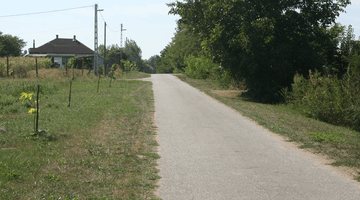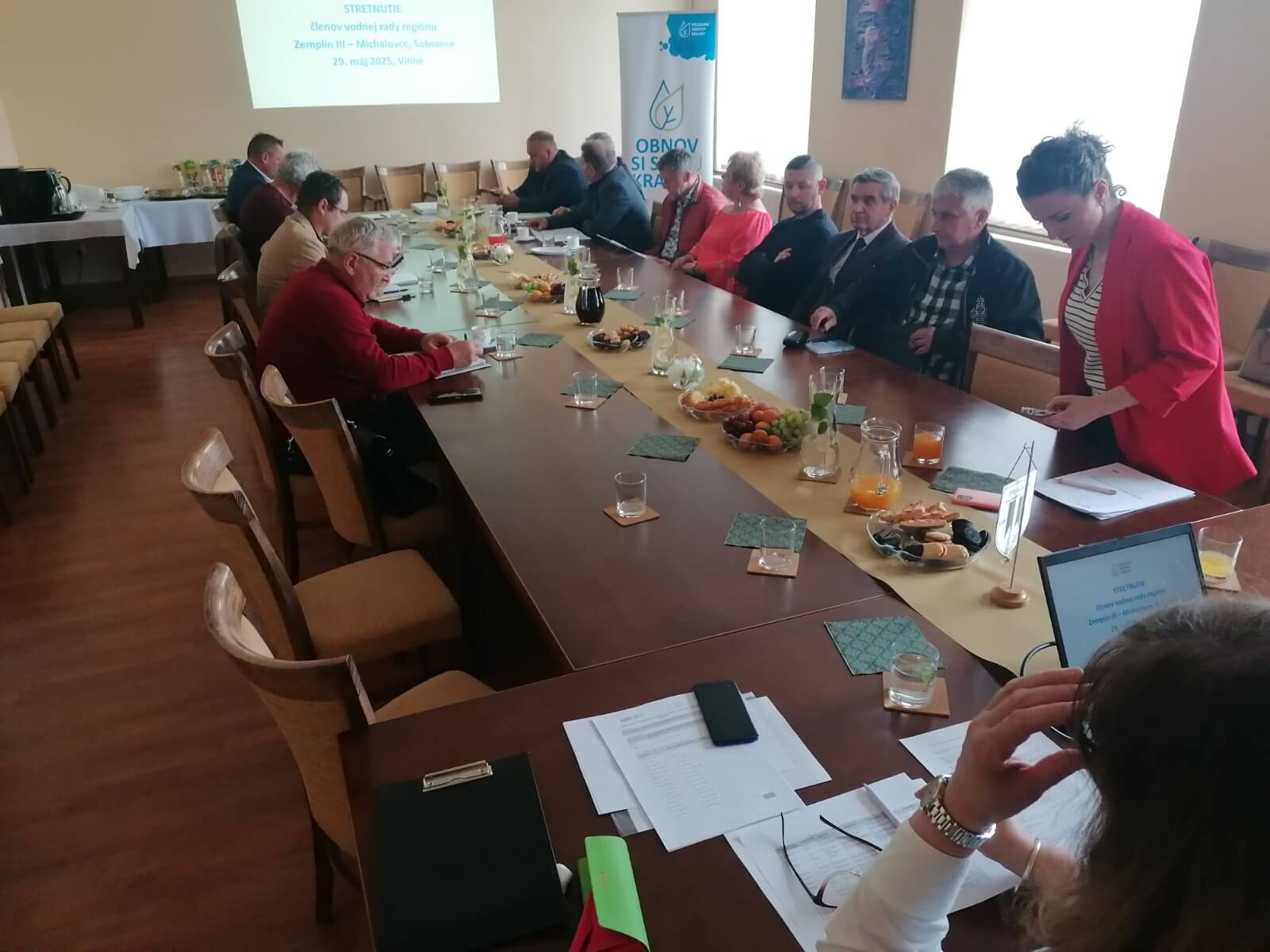
Water Councils in the Košice Region: A Successful Tool for Stakeholder Cooperation
One of the biggest challenges in planning and implementing climate change adaptation measures is effective communication and stakeholder engagement – including municipalities, citizens, businesses, and experts. Within the LAND4CLIMATE project, we are looking for functional and inspiring examples of participatory approaches. The Košice Self-Governing Region (KSK) offers one of the most advanced models – the Water Council system.
How It Started
In 2019, Water Councils were established in the Košice Region as part of the approved Landscape Restoration Programme of the Košice Region. The goal was to address the impacts of climate change, particularly drought, flash floods, and land degradation. From the very beginning, more than 1,500 individuals were approached, including representatives from public administration, farmers, foresters, water management experts, business owners, and civil society.
Six Water Councils were established, comprising a total of 127 members. Between October and December 2020, regional Water Council Plans were approved for the areas of Abov, Gemer, Spiš, Zemplín I (Trebišov), Zemplín II (Poondavie), and Zemplín III (Michalovce, Sobrance). Based on these, a comprehensive Water Councils Plan for the Landscape Restoration Programme of the Košice Region was developed and approved by the KSK Regional Council in February 2021.
From Plans to Action
Through cooperation with the Water Council members, six problematic micro-watersheds were identified. For these, revitalization studies were developed, including specific proposals for water retention measures. Implementation of these measures can significantly affect the region’s hydrological, climatic, and economic conditions.
Estimates for the entire region indicate the potential to retain 60 million m³ of water, sequester 1.8 million tons of carbon, create 3,000 jobs, and reduce the average temperature by 0.7°C.
Stakeholders in Water Councils as the Key to Solutions
As part of LAND4CLIMATE, six Water Council meetings were held between April and June 2025, focusing on stakeholder involvement in the design of measures and collecting input from the field. The most prominent topics discussed included:
- Need for Technical Workshops and Model Documentation
Stakeholders expressed interest in expert workshops presenting technical solutions for Nature-Based Solutions (NBS), such as windbreaks, dead arm revitalization, and dry retention basins. There was also a request for model project documentation and methodological materials that cities and municipalities could use as templates. - Legislative and Permitting Processes
One common issue was the lack of clarity around permits and approvals required for implementing water retention measures. A proposal was made to create a "legislative compass" to map the entire process – from project initiation to maintenance. - Financing and Grant Instruments
Several municipalities, organizations, and individuals pointed to the need for new financial tools – for example, a dedicated KSK grant scheme to support small projects related to climate and water. There was also a call to improve access to funding from the Agricultural Paying Agency (PPA) and to actively monitor calls for proposals, even those where environmental actions are indirectly supported. - Monitoring and Feedback
Stakeholders raised the issue of collecting data on water retention measures, their maintenance, impact on vegetation growth, and the volume of water retained. Feedback and access to results from state authorities and institutions (e.g. stream maintenance schedules, water reservoir levels) were also requested. - Communication, Prevention, and Cooperation
There was a need for more systematic cooperation with state organizations and better flood warning systems for forest owners, land collectives, and agricultural cooperatives. Discussions also addressed the need for regular flood prevention, stream maintenance, and restoration of neglected hydromelioration canals.
Inspiration for LAND4CLIMATE
Water Councils in the Košice Region are a practical example of long-term, participatory, and regionally anchored cooperation. They successfully connect technical, ecological, and social perspectives on climate adaptation. Their activities – including the 2025 meetings within LAND4CLIMATE – confirm that stakeholder collaboration is not only beneficial but essential for the successful transformation of the landscape.
Results: Site Selection and Landowner Engagement for Landscape Restoration
A key outcome of these meetings was the interest shown by specific private landowners, who decided to engage in implementing Nature-Based Solutions under LAND4CLIMATE. This marks a pivotal moment where the vision is becoming reality – through concrete agreements and specific sites now ready for implementation. These locations will serve as model examples of cooperation between public administration, experts, landowners, and civil society.
This article was written by the LAND4CLIMATE consortium partner The Agency for the Support of Regional Development Košice.
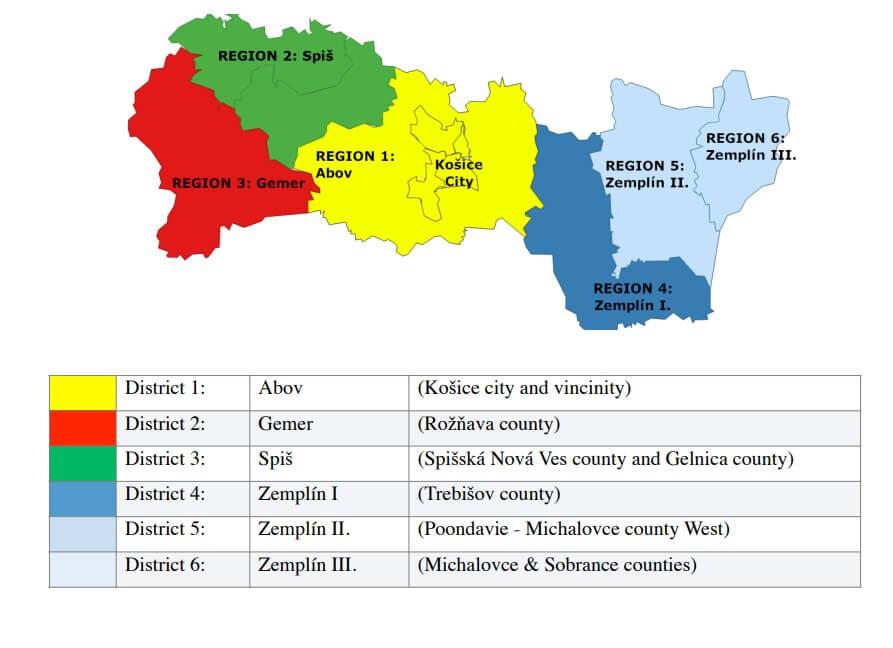
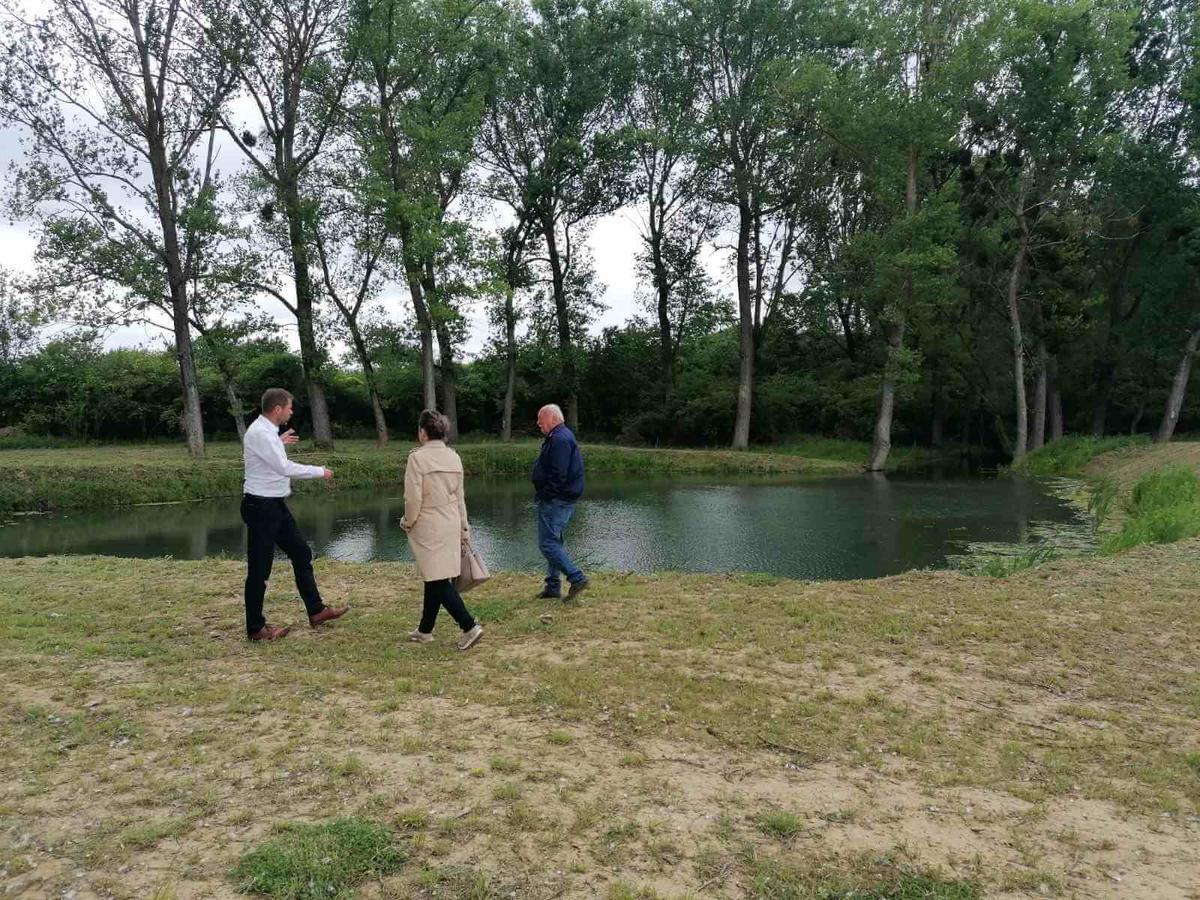
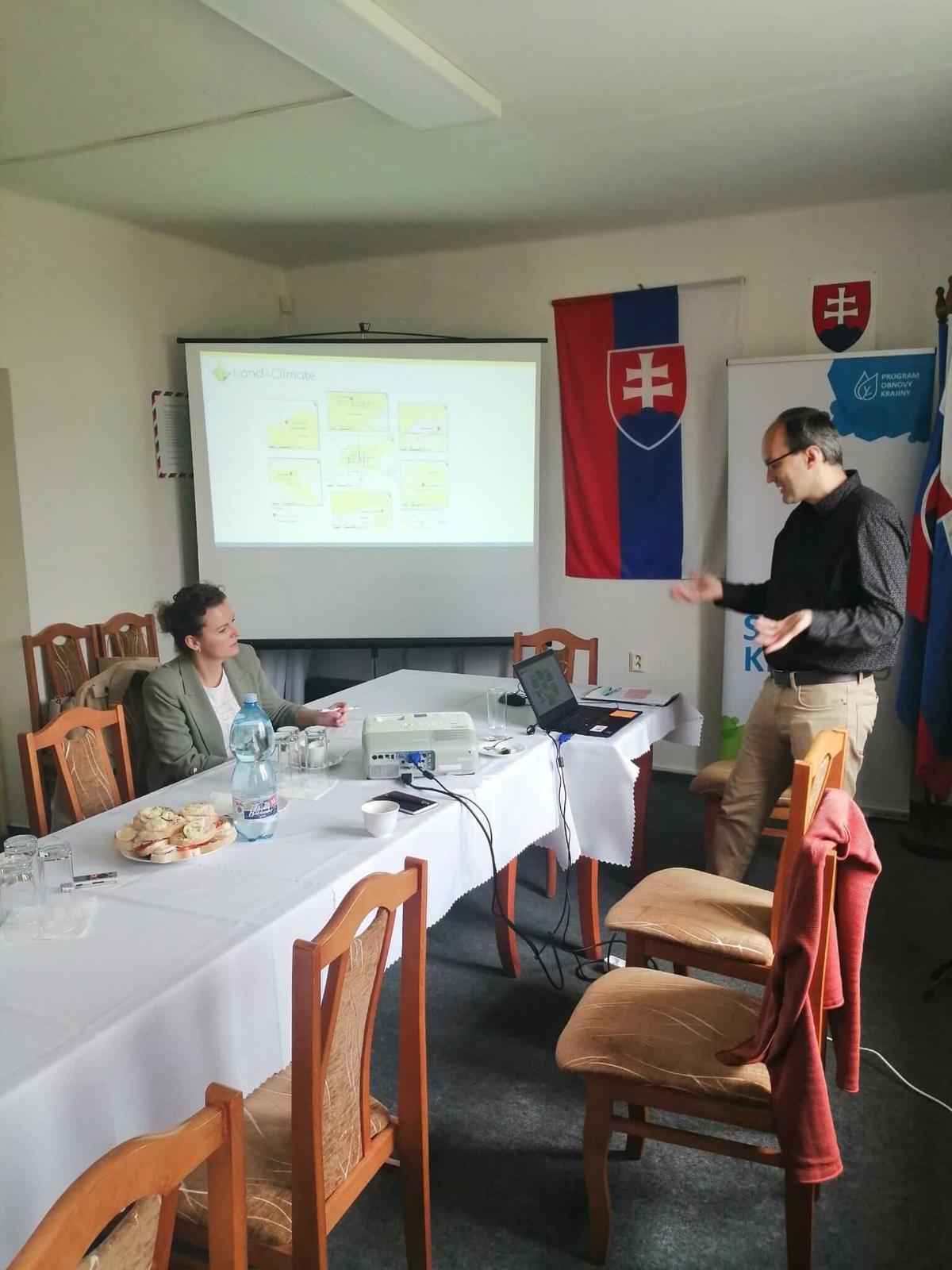
Publishing date:
